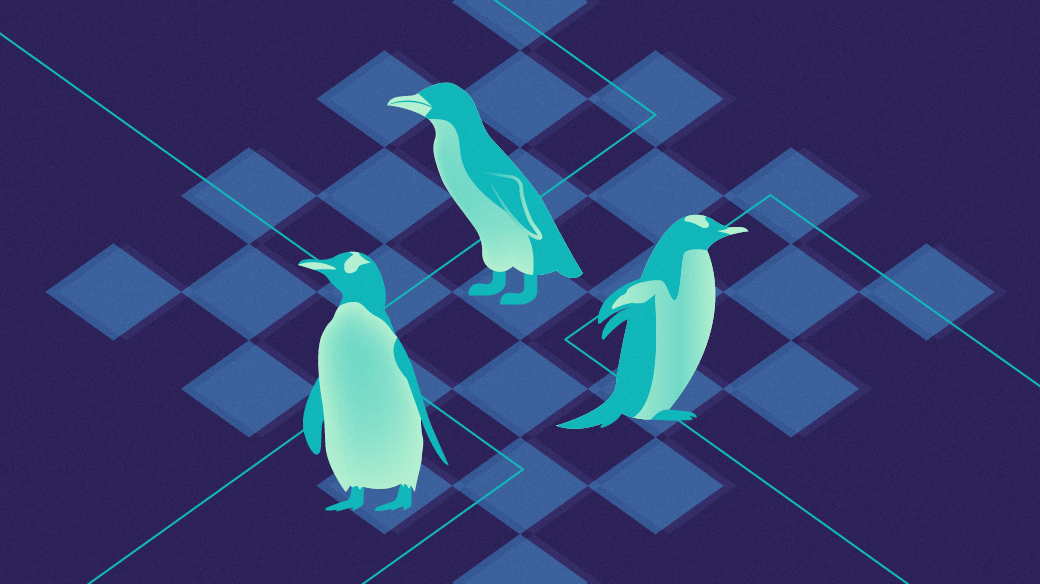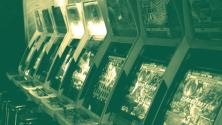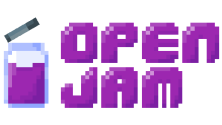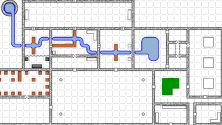When it was released over 20 years ago, the Open Gaming License 1.0a (OGL) changed the tabletop gaming industry. It enabled publishers to use portions of the D&D rules, verbatim, in their own game books. It guaranteed that the owner of the D&D brand wouldn't sue you for creating and selling modular rules and adventures for the D&D game. And more importantly, it became a promise of collaboration for the gaming community. When you wanted to broadcast to other players that you were willing and eager to share ideas, you included the OGL in your game book, marking your game as open.
Recently, Wizards of the Coast attempted to revoke the Open Gaming License 1.0a, apparently on the grounds that legally the word "perpetual" isn't the same as "irrevocable". Luckily, the gaming community united and defended the license, and in the end Wizards of the Coast acquiesced. As a sign of good faith that came too late for many players, Wizards of the Coast released the System Reference Document (SRD), a subset of the rules published in the hardcover D&D book, into the Creative Commons.
In essence, the fifth edition of the world's first role-playing game (D&D) no longer belongs to Wizards of the Coast. It belongs to its community of players.
As an open source enthusiast, that makes a lot of sense to me, but I admit that for most people it probably seems odd that a corporation would be compelled by its community to surrender ownership of its main product. It's worth noting that D&D probably wouldn't still be around today if it hadn't maintained an open license for nearly 20 years (it wandered away from this during its 4th edition, but hastily course-corrected for the 5th edition). It's an important turn of events, not only gamers, but everyone invested in the idea of open culture and open source.
What open licensing means to gamers
Since the Open Gaming License was released in the early 2000s, there have been hundreds of games and adventures and supplements and source books that were never obligated to use the OGL. They were written from scratch using original language, never borrowing from a System Reference Document in any direct way. Just as there were lots of roleplaying supplements back in the 80s that happened to work with that one game by TSR, these books are independent material that often happen to work with existing systems. But authors chose to use the OGL 1.0a because they recognized that sharing ideas, mechanics, and content was what tabletop roleplaying is all about. It's what it's always been about. Getting together with friends, some old and some new, and inspiring each other. That fellowship extended to the computer screen once digital technology and its infrastructure got good enough to facilitate extended video and voice calls, and to provide emulated tabletops, and so the pool of potential friendships got even bigger. The OGL 1.0a was a document you could copy and paste into your book as a sign that you wanted to collaborate. You were inviting people to your writer's desk and to your gaming table.
[ Related read: Why sysadmins should license their code for open source ]
For a lot of gamers, the Open Gaming License 1.0a also defined the word "open". Being open is different than what we're used to. There's a lot of implied openness out there. Sure, you're allowed to dress up as your favourite Star Wars character—until Disney says otherwise. And maybe you can write some fan fiction based around your favourite TV series—as long as you don't sell it.
But the OGL 1.0a tells you exactly what you can use, and reference documents provide rules you can freely copy and paste into your own work, and then other authors can use your content to build up something cool. And nobody's restricted from selling their work, so it literally meant people could turn their hobby into their day job. And nobody could take that away.
What "open" means for everyone
In the software world, the definition of "open" is ardently protected by organizations like the Open Source Initiative. But for many gamers, that definition was a function of the Open Gaming License 1.0a. And Wizards of the Coast was trying to redefine it.
The term "open" is arguably best defined by the Free Software Foundation, which ironically doesn't use the term "open" and prefers "free" instead. Here's how the FSF defines the term "free":
-
The freedom to run code as you wish, for any purpose.
-
The freedom to study code to understand how it works, and to change it so it works better for you.
-
The freedom to redistribute copies of the original code.
-
The freedom to distribute copies of your modified code to others.
Extrapolating this to culture, you have similar concepts, including the freedom to share, the freedom to change and adapt, and the freedom to receive recognition for the work you've contributed.
3 open licenses gamers need to know
If you're a gamer who's confused about open licensing, don't let the recent attempt to revoke the Open Gaming License fool you. The important thing to remember is that an open community can exist with or without a corporate sponsor. You don't need the legal system to create an open gaming environment, but in today's world you may need a legal system to defend it. And there are licenses out there to help with that.
1. Creative Commons
The Creative Commons (CC) license is an agreement you can apply to something you've created, explicitly granting other people permission to redistribute and maybe even remix your work. The CC license is modular, so you get to decide what permissions you grant. There's an online "quiz" at creativecommons.org/choose to help you pick the right license for your project.
2. GNU Free Documentation
The 90s RPG Dead Earth was published using the GNU Free Documentation license, and it makes sense when you consider that most tabletop games are essentially just a set of rules. Game rules are essentially the "code" of a game written in natural language, so a license intended for technical documentation might make some sense for a game. The GNU Free Documentation license is a modern license, acknowledging that many documents exist only online as wiki pages, or that they may also be licensed under a Creative Commons license. It's also got provisions for the difference between making a personal copy of a book and printing a book by the hundreds.
To find out more about the GNU Free Documentation license, visit gnu.org/licenses/fdl-1.3.txt.
3. Open RPG Creative (ORC) License
The ORC license doesn't yet exist, but it's being formulated, in the open and with public participation, by well-known game publisher Paizo. This license is aiming to replace the OGL with legal text that recognizes the unique needs of a gaming system, in which trademarks and copyrighted material (such as lore, a fictional pantheon, the names of magic spells, and so on) intermingle. The ORC license seeks to make it possible for game publishers to explicitly allow and foster participation and ownership for its community, while also retaining control of the fictional world in which their own version of the game is set. Once completed, the ORC license will be placed in the trust of a non-profit foundation so that no company, in the future, can claim ownership of it with the aim of revoking or altering it.
An open systems reference document
The right license guarantees that others can build upon what you've created. For tabletop role-playing games, the thing being created is a set of rules. In the context of a game, a "rule" is an agreement all the players make with one another to define constraints for what you're "allowed" to do during the game. Of course, it's just a game so you can literally do whatever you want, but the rules define what you can expect as a result.
It's generally acknowledged that game rules aren't subject to copyright. They are seen as community property, but the literal words used to describe those rules are written by someone, and so the author of a rulebook does hold the copyright to their personal expression of a rule. But opening up copyright material for re-use is exactly what licenses were created for, and so a rulebook distributed under an open source license means that you can copy and paste text straight from that rulebook into your own publication without betraying anyone's trust.
The system-reference-document.org project is working to preserve the D&D 5.1 rules (called the "System Reference Document") and to forge ahead with revisions as developed by the community. Visit the site today to download the open source D&D rules. Read them over, play a few games, and take note of what's confusing and what doesn't seem to work. Think about what you'd change. Maybe you don't like how passive perception works (wouldn't it be better as a codified reaction that could override a surprise effect?), or maybe the character build process is confusing (surely it could be delivered as a linear process of requirements?), or maybe there's something else. Now, thanks to open licensing, and to projects like systems-reference-document.org, you can help change the issues you have with the game.
Open means open
For many of us, open source and open culture are the default. It feels unnecessary and self-important to declare a license for the work we put out into the world. But it's important to remember that not everyone knows your intent. When you release something to the world with the intent for it to be reused, shared, and maybe even remixed, apply an open license to it as a way of reassuring your collaborators-to-be that you support common culture, creativity, and open source. It might seem simple to quickly write your own statement of intent, call it a legal license, and paste it into your document, but if the fight to preserve the OGL has taught us anything, it's that the language of the legal system is not easily learned. Use a trusted license that has a community of stakeholders behind it, so that should it ever be threatened, you have a loud and collective voice to use in its defense.







1 Comment